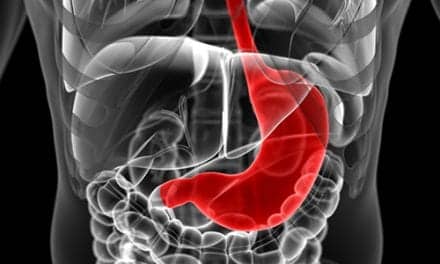In a rat study, exercise was linked with an improved ability to tolerate ozone, a component of air pollution.
The research team measured the breathing frequency and volume and glucose tolerance of all animals after ozone or filtered air exposure. The researchers also analyzed cells from the bronchial fluid in the lungs.
“The two-day exposures to ozone elicited a marked pulmonary inflammatory response as evidenced by an elevation in neutrophils [white blood cells that fight infection], eosinophils [white blood cells that often indicate allergies or infection] and other biomarkers of inflammation in the BALF [fluid in which the lung cells are retrieved and examined,]” the research team wrote. The research team noted that the white blood cell count increased more sharply in the sedentary group. Glucose levels rose in both active and sedentary groups after ozone exposure, but the increase was more significant and took longer to normalize in the sedentary group following a glucose challenge.
Read more at www.sciencedaily.com










